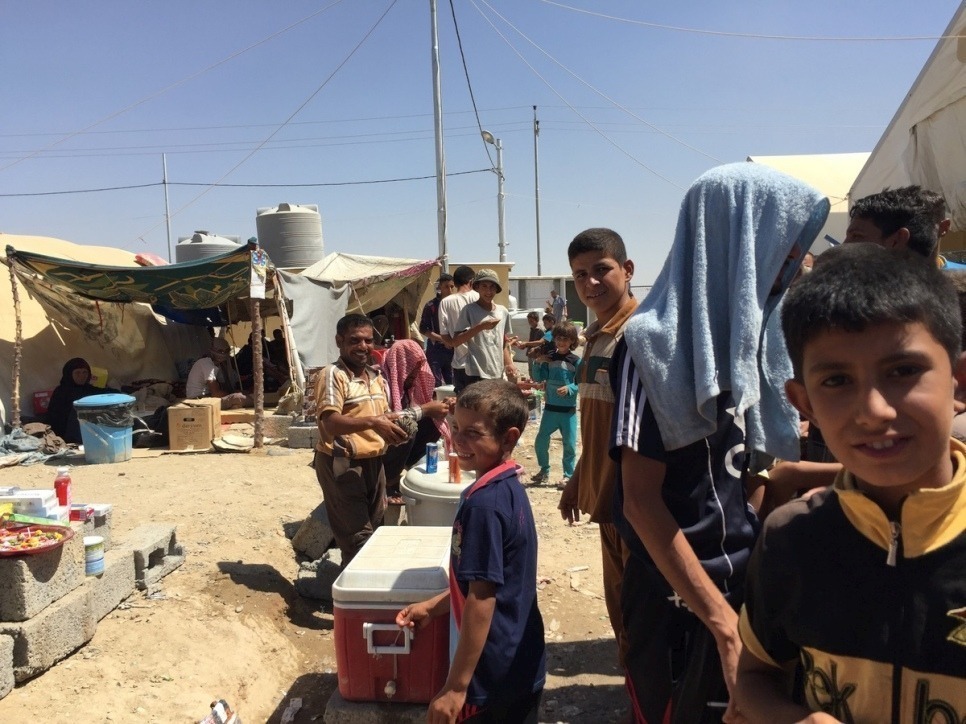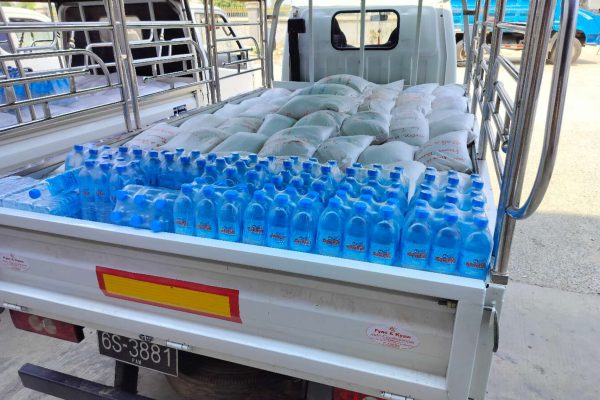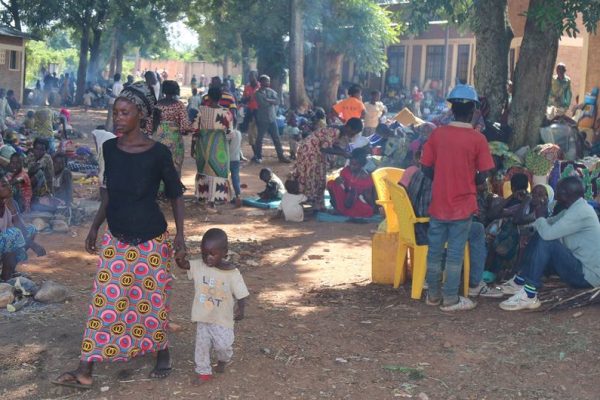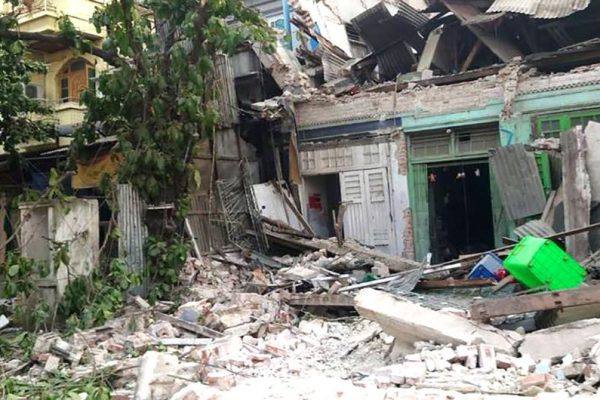Last week UNHCR reported from Debaga and Najaf on forcibly displaced families and unaccompanied children already fleeing areas surrounding Mosul.
In addition to the camps, 38,000 tents have been procured by UNHCR. A total of 50,000 emergency shelter kits will be used to build more rudimentary shelters in emergency camps or collective centres and 30,000 sealing-off kits have been procured for use in unfinished or abandoned buildings.
Furthermore, 100,000 core relief kits, which include blankets, mats, jerry cans and kitchen utensils, have been earmarked. Funding permitting, UNHCR plans to procure winter assistance kits for 138,000 families including blankets, mattresses, heating stoves, plastic sheeting and insulation kits.
Amid fears that civilians might be used as human shields by extremists, Geddo said UNHCR has been strongly advocating for allowing civilians access to safety if they manage to reach certain areas.
At least 700,000 residents from Iraq’s second city and surrounding areas will need urgent assistance in the form of food, shelter water and medical support.
This time, UNHCR’s strategy has been built around expanding and creating new camps, and pre-positioning emergency supplies and shelter kits to try to assist the expected outflow once the fighting starts.
Geddo said a “crescent of camps” was being readied in safe locations in four governorates around Mosul. Of these, 11 are either planned or completed and another four existing camps have capacity. Together, these could ultimately accommodate 20,000 family plots or about 120,000 people. In addition, government camps could accommodate about 150,000 people.
For shorter term assistance, UNHCR has prepositioned tents close to the assumed theatre of operations. Hopefully, people in these areas could be relocated once their homes and villages have been secured.
“There is still a problem with funding,” Geddo said. The Mosul emergency response budget has been set at US$196 million, but that is currently only 33 per cent funded.
Read more on the original article.




